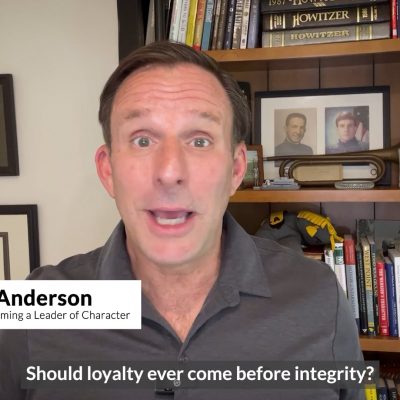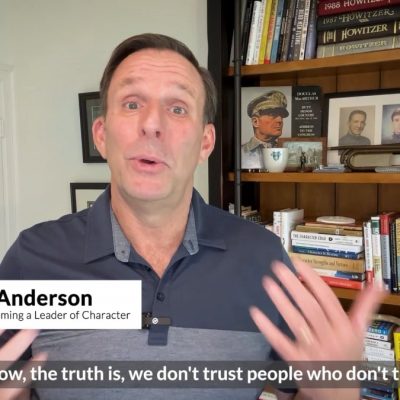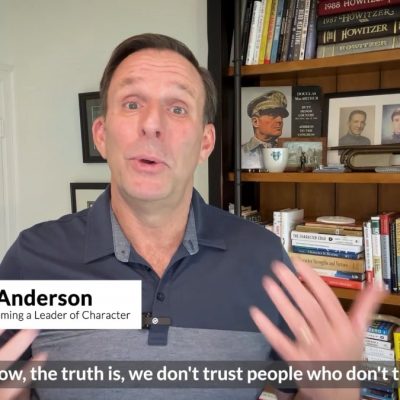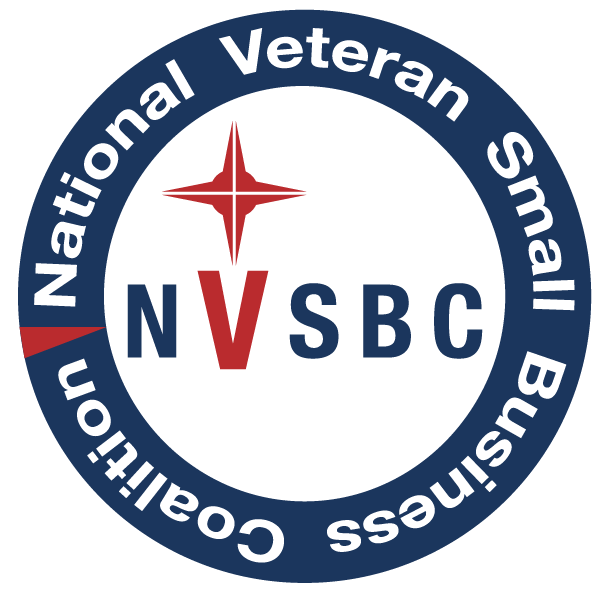When the process becomes more important than making progress, results-oriented people lose “buy in.”
“Do what is right for your territory, no matter what the marketing people in New York say.” I had always believed our Fortune 50 company rolled out well-developed marketing plans which made a lot of sense in the majority of marketplaces. But one thing was missing.
The majority is 51%. Those plans did not always encompass the needs of my team. In order for us to perform well, we needed the freedom to be flexible and deviate from the plans of well-meaning marketers who had never worked in regions outside of the company’s New York headquarters.
My team included smart, talented salespeople who worked in both rural small towns and larger urban cities. The same strategies were unlikely to work in both geographies. My salespeople knew this, but they were concerned about getting in trouble, even though they were doing what they knew to be the right thing for their customers. Previous managers had held them accountable for implementing top-down driven strategies in the past–even when they knew those strategies failed their clients.
Have you ever been in this situation?
Many of us have seen a plan developed based on broad data by intelligent people who have never been on the frontlines. Unfortunately when frontline people voice their concerns and ask for flexibility, too often the middle managers demand strict adherence to the original plan. Why? Because they are not willing to challenge a headquarters initiative.
The result? Without the input of the people tasked to achieve results, there is no real buy-in. When the results don’t emerge, planners blame implementers and implementers blame planners.
This was the environment I entered when I took over one of my past teams. Unfortunately, this was not the first time I encountered these issues. But, those past experiences helped me understand one critical thing about leading teams.
To build a team of Courage, I had to have the Courage to allow the team to make their own decisions. Then, my role was to encourage them to exercise Courage themselves by acting on those decisions. But there was one more thing. I had to take the heat if somebody from New York questioned us.
In the end, the team was ultimately responsible for sales results, not plan implementation. When the process became more important than progress, results-oriented people lost “buy-in.” The person ultimately responsible for getting buy-in from the team is the leader of the team, not the marketing people in headquarters.
Whether you work in the corporate sales world, a non-profit world or law enforcement and public service, the lesson is the same. If headquarters has not inspired buy-in, it is the frontline leader’s Duty—their moral obligation—to get buy-in from those who do the implementing.
Sometimes this means we have to have Courage to put progress before process. This requires us to give our people the overhead cover to make decisions and get the results they are capable of.
The most important step for me was to encourage the team to make these kind of decisions themselves. They needed to know I trusted them and their experience. They needed to know I had their back if somebody questioned why their tactics differed from what was prescribed.
By knowing both of those things, they also knew they were ultimately responsible for their performance. They could not blame the planners. But they would have ownership—which was the key for their success.
The Courage to let a team make their own decisions builds trust between the leader and the led. The Courage of the leader then spreads to the led, and they begin to make more decisions on their own. To add to this freedom—the team who exercises Courage to not wait for direction has the ability to move faster and innovates quickly. Such a team thrives in trust, has solid buy-in and positive results follow.
Dig Deep Questions:
- How does a leader’s trust inspire you to buy-in?
- Who do you need to give more decision making power to this week?
Taking responsibility and exercising Courage is a lifelong journey for not only you, but your team. We want to partner with you as you make Courage part of your organizational culture. When it comes to remembering the definition of Courage, let us help to make it easy to keep it visible.
Get your FREE Courage posters available for download at: https://www.becomingaleaderofcharacter.com/tools-resources







